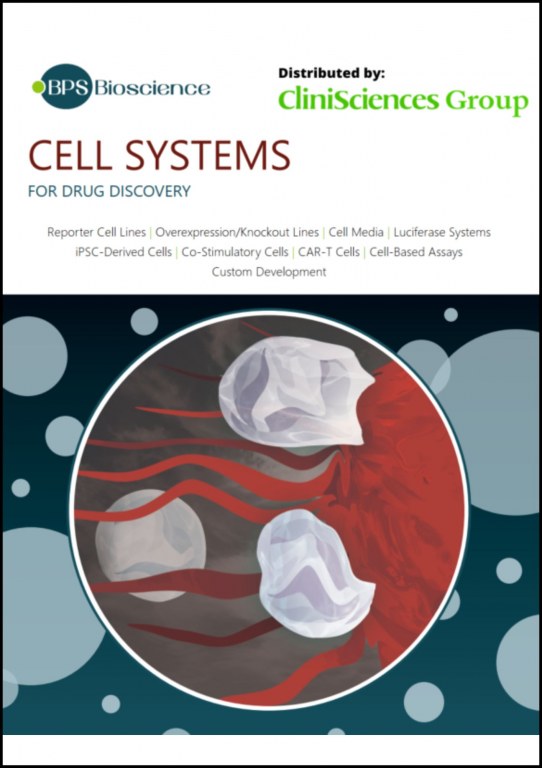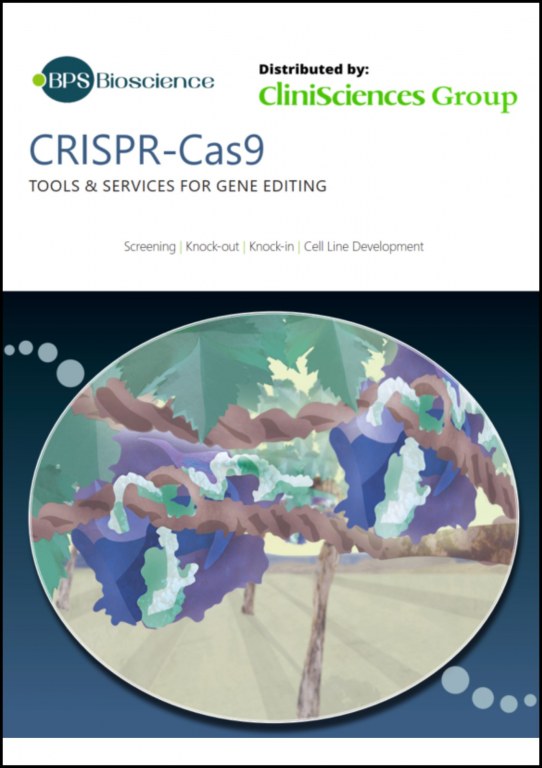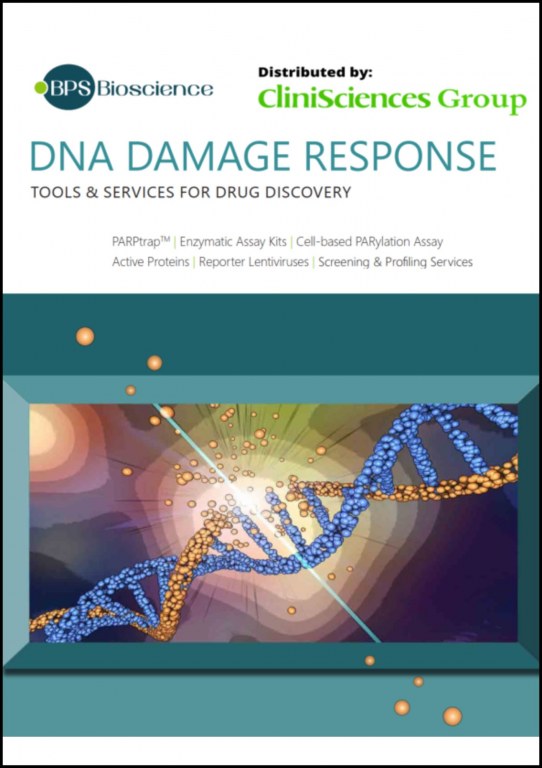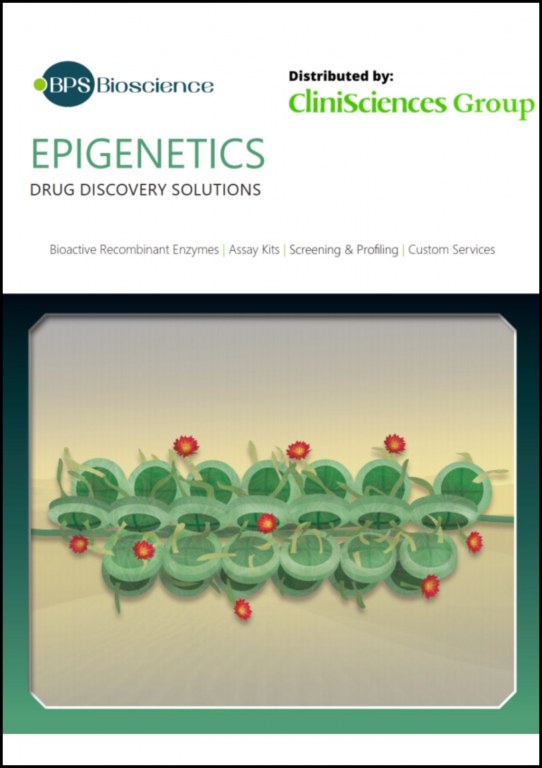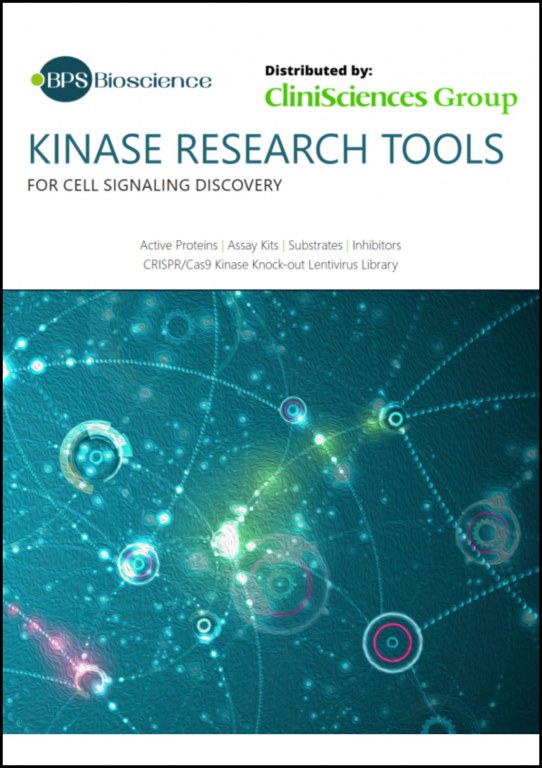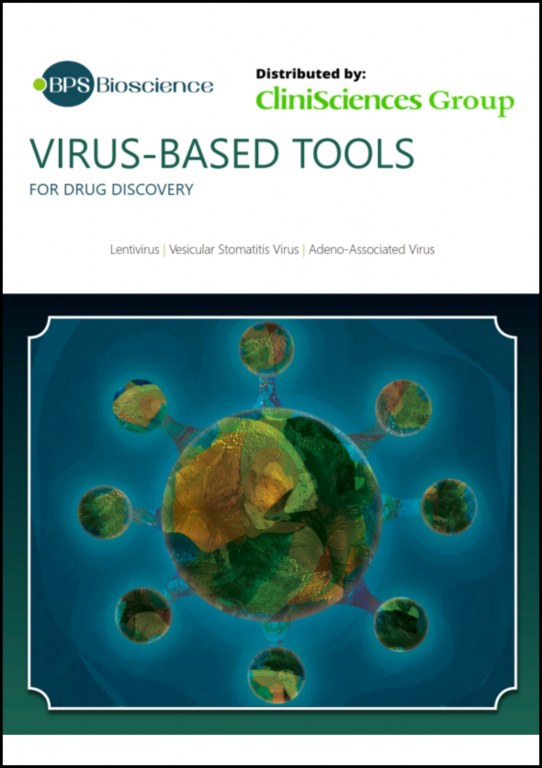BPS Bioscience
 |
||||||||||||||||||||||||||||||||||||||||||||||||||||||||||||||||||||||||||
BPS offers one of the largest selections of unique recombinant proteins and assay kits for epigenetic studies, immune checkpoints, metabolism and cell signaling pathways to improve human health.
Cloning and Expression: BPS Bioscience's Molecular Biology Services team can help you achieve any molecular biology research goal you are trying to achieve. Our gene cloning and site-directed mutagenesis services are often the first step in custom protein expression, analytic development, and custom cell line development projects.
Purification and Protein Modification: Choose BPS Bioscience for your protein, reduction, purification and modification needs. Using our cloning and expression services, the constructs can be optimized for high purity, high performance protein expression. We are also specialized in protein labeling to provide improved products for high quality testing.
Cell line development: Let our experts help you reduce time and complexity with our stable cell line development services. We produce customized cell lines for protein production and compound screening. Our specialty in reporter assays for immune control pathways offers great opportunities for research on co-immunotherapies.
Test Development and Screening Services: Evaluate key compounds with our biochemical and cell screening services. Save time by allowing us to filter your compounds of interest against our unique test panels or to determine IC50 values with our portfolio of hundreds of tests so you can focus on advancing your discovery program of drugs.
Learn more :
Watch the video :
Website: bpsbioscience.com
| ||||||||||||||||||||||||||||||||||||||||||||||||||||||||||||||||||||||||||

Gastrointestinal cancers
Gastrointestinal cancers are a heterogeneous group of diseases that affect the gastrointestinal tract. They can affect various organs, including the oesophagus, stomach, pancreas, liver, gallbladder, small intestine, colon and rectum. Gastrointestinal cancers are caused by a combination of modifiable and non-modifiable risk factors, such as age, sex, diet, smoking, alcohol consumption, obesity, family history and chronic infections.
Each variant of gastrointestinal cancer has unique characteristics, often related to the specific location in the digestive tract.
The molecular biology of gastrointestinal cancers is diverse, involving a range of genetic mutations and epigenetic alterations. These genetic changes can lead to uncontrolled cell proliferation, resistance to apoptosis, and the formation of malignant tumors. Environmental and genetic factors interact in a complex way, contributing to the development of these cancers.
Gastrointestinal cancers present particular challenges because of their heterogeneity and ability to escape the body's normal control mechanisms. Scientific research is focused on gaining an in-depth understanding of the molecular biology underlying these cancers, identifying specific markers and crucial signaling pathways. Research continues to explore new avenues to better understand the biology of gastrointestinal cancers, paving the way for significant breakthroughs in future prevention and treatment.
Select the cells below to find the most commonly used cell lines complete for each specified cell type.



